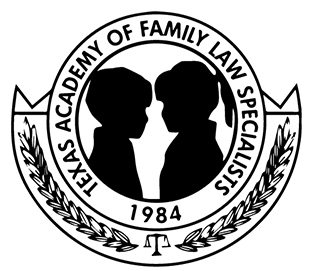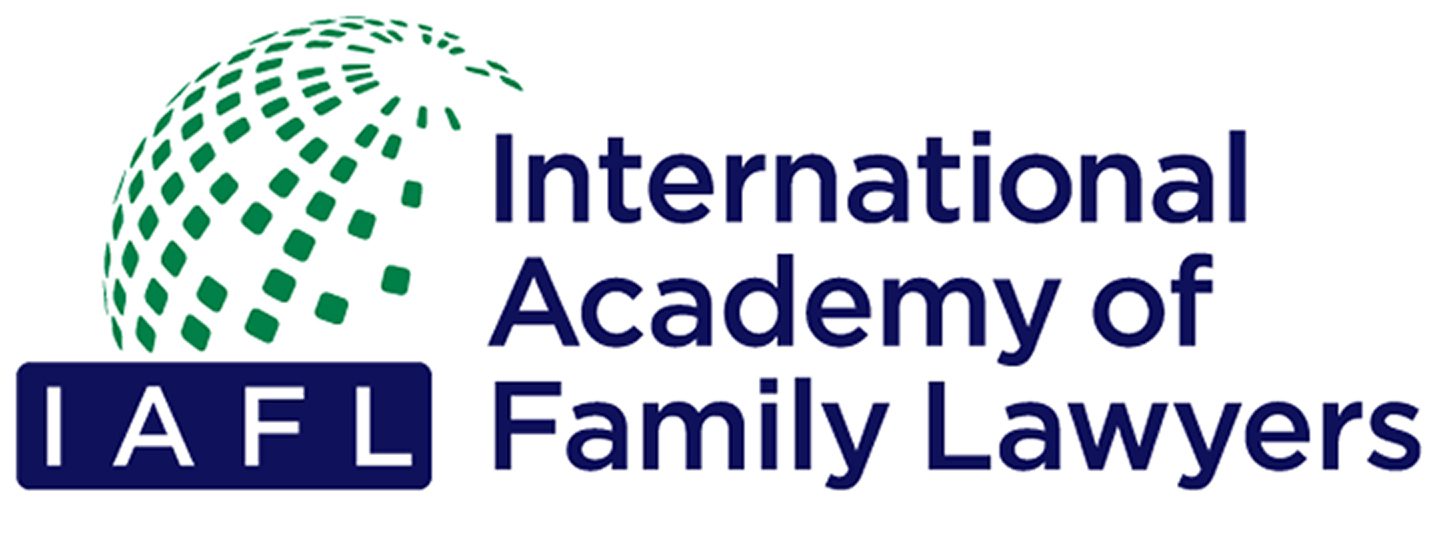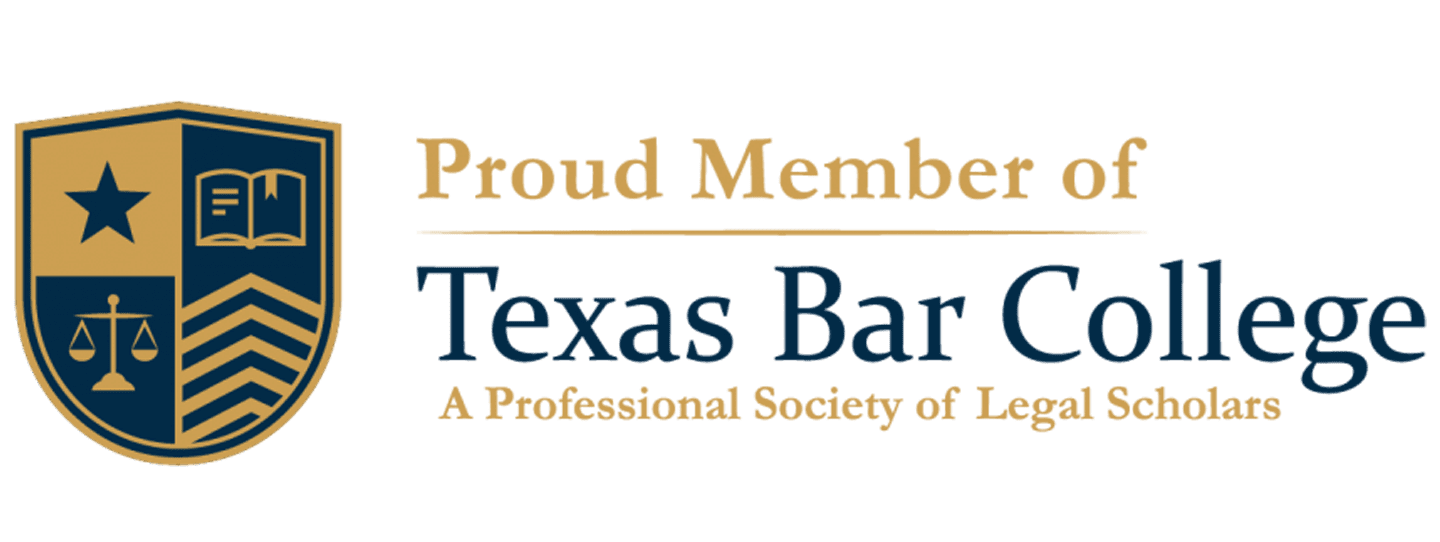Thanks to dramatic portrayals of high asset divorces in media accounts or fictional film dramas, the public is aware that spouses are not above spying on each other. The larger the asset profile, the higher the probability that one or both spouses may engage in surveillance.
Along with high net worth marital estates, child custody is another motivation for spouse surveillance. The spying spouse may hope to catch the other being irresponsible during his or her time caring for a child.
How does the law view surveillance?
Many types of surveillance may be illegal. Some of them may be federal offenses which carry serious criminal consequences. Also, any illegally obtained information about a spouse is not likely to be admissible evidence in a court divorce case.
Federal and state laws may not allow the use of hidden recording devices. Concealing a nanny cam in private areas of the home, placing GPS tracking units in a spouse’s vehicle, or downloading a tracing and recording app onto a spouse’s smartphone without permission may be examples of illegal activities.
What is legitimate surveillance?
Some states have “one-party consent” laws—Texas is one of them—meaning that if at least one person is aware of recording their communication with another person, it is legal. Unfortunately, a person is providing consent to record by the act of speaking to the surveillance target, who is unaware of the recording.
If spouses have each other’s passwords to computers or smartphones, they may legally access emails and any other personal communications. A couple who is on a family plan may each examine cellphone activity for outgoing or incoming calls that identify even encrypted numbers, and may include a family member’s geographical position at different times by the cell tower location.
The right type of surveillance
If a spouse has evidence that the other person may be engaging in behaviors that might affect asset division or a child custody determination—such as trying to turn the child against the parent or leaving a young child unattended—the best procedure is for the spouse to ask his or her legal counsel’s advice on how to proceed before taking further action.
A good legal representative may petition a court for appropriate relief in a situation where one spouse has evidence that the other spouse may be engaging in illegal or inappropriate behavior such as child endangerment or converting marital assets into material goods to sell after the divorce.
It is also important for spouses to realize their behavior will probably be under scrutiny on social media and any shared marital communication devices. A good rule for divorcing spouses is not to say anything to a friend or acquaintance or post anything online that they do not want the judge to hear in court. When in doubt, divorcing spouses should simply assume that all actions taken during a divorce proceeding will be subject to review by a court at some point in time.








0 Comments